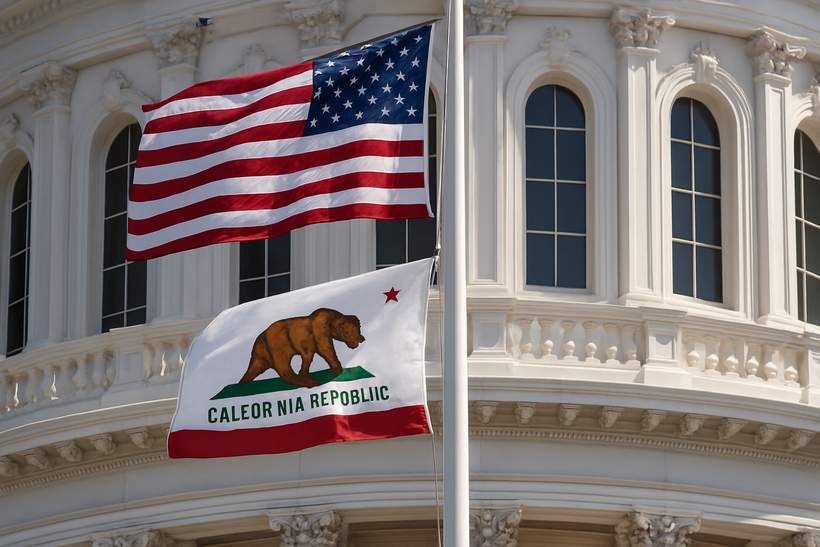California Tribes Challenge Kalshi and Robinhood Over Prediction Markets

Background of the California Tribes’ Lawsuit
Three Native American tribes in California have united to take legal action against prominent prediction market operators Kalshi and Robinhood. These tribes claim that the emerging prediction markets violate state gambling laws and threaten their economic interests and tribal sovereignty.
The Tribes Involved and Their Concerns
The Blue Lake Rancheria, the Chicken Ranch Rancheria of Me-Wuk Indians, and the Picayune Rancheria of the Chukchansi Indians have voiced their opposition to the growth of prediction markets. They argue that the products offered by Kalshi and Robinhood are illegal under California law and encroach upon established tribal gaming agreements.
Understanding Prediction Markets
Prediction markets allow users to trade yes-no contracts on various events such as sports outcomes and political developments. These markets, regulated by the Commodity Futures Trading Commission (CFTC), have gained popularity nationwide, especially after recent U.S. elections. Unlike traditional sportsbooks regulated by state authorities, prediction markets operate under federal regulation, enabling them to reach customers in all 50 states.
Impact on Tribal Gaming and Sovereignty
The tribes’ lawsuit, filed in the U.S. District Court for the Northern District of California, asserts that Kalshi and Robinhood’s offerings violate multiple federal and tribal laws, including the Indian Gaming Regulatory Act and the California Constitution. The tribes claim these companies undermined existing gaming compacts and revenue streams crucial to their communities. They further argue that the expansion of prediction markets compromises their tribal sovereignty and economic stability.
Legal Actions and Industry Challenges
The tribes are seeking both preliminary and permanent injunctions to halt Kalshi and Robinhood’s operations affecting tribal lands. Despite ongoing legal challenges and industry opposition, prediction markets have continued to expand. Kalshi, in particular, has resisted withdrawing from contested markets, maintaining its compliance with CFTC regulations rather than state-level rules. The company has indicated it will only modify its business practices if mandated by federal authorities.